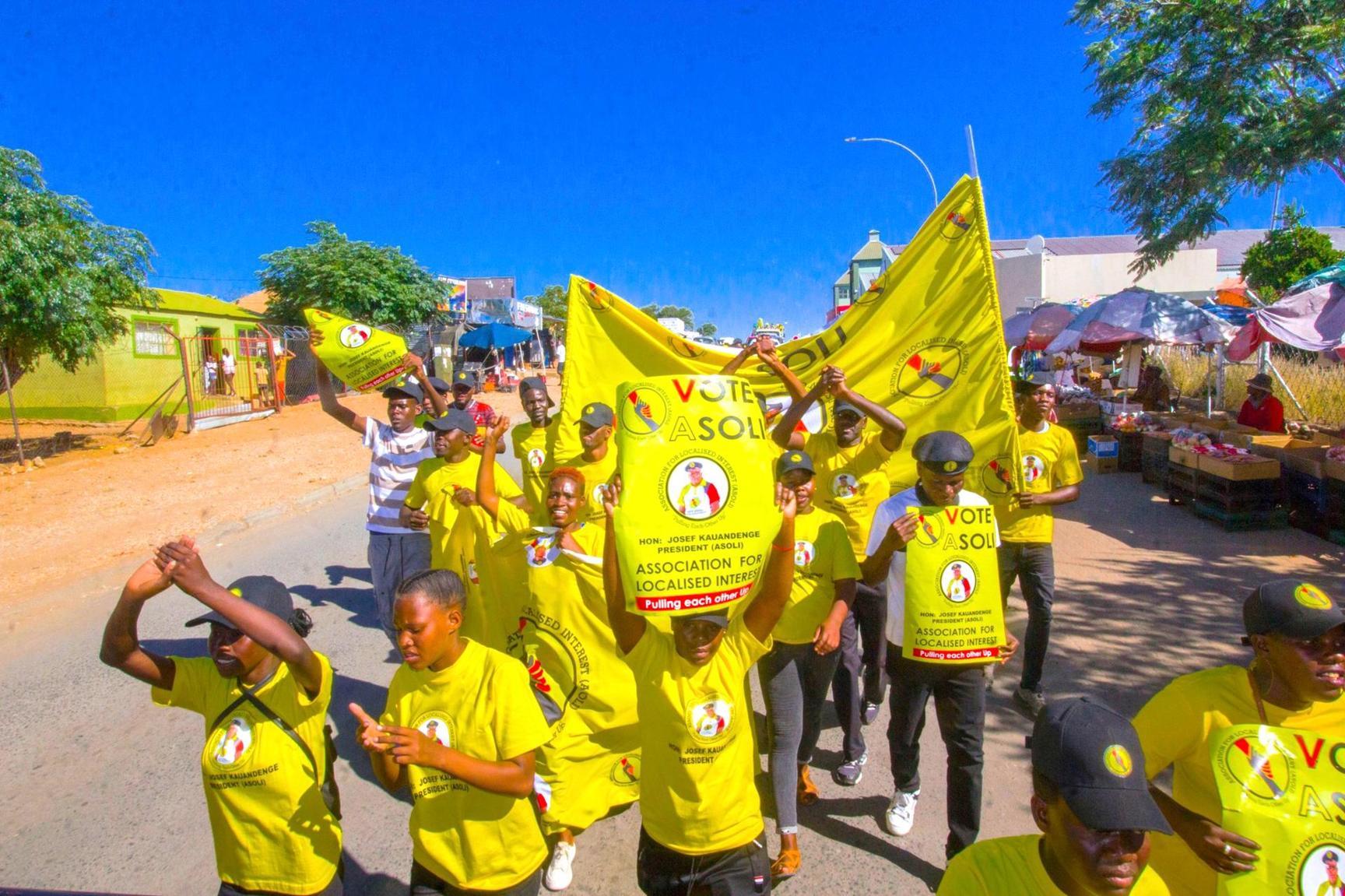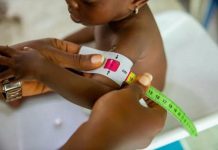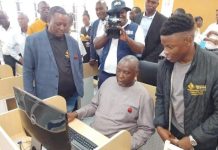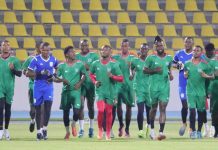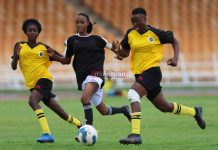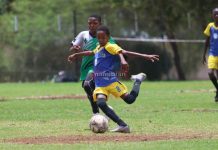Africa-Press – Namibia. Only the Association for Localised Interest (ASOLI) has the understanding, patience and competent leadership to address pressing issues affecting the lives of Namibians in many of the country’s urban centres, its president Joseph Kauandenge has said.
Kauandenge, a veteran who has for decades traversed the width and breadth of the local political landscape, assured supporters at the association’s recent campaign and manifesto launch in the capital’s Moses Garoëb constituency that in Asoli they can wholeheartedly trust.
He said theirs will not be the usual politics of undelivered promises but will be a political agenda geared towards the upliftment of citizens, youth unemployment, land delivery in urban areas and making sure crucial bread and butter issues are addressed.
For Asoli, Kauandenge buttressed, it is about restoring the dignity of those living on the margins of mainstream economic activities and making sure that they too are recognised and given opportunities to thrive.
“The problem that Namibians are facing is the fact that their leaders prioritise politics over people, and that is something that we want to change. When you look at the Asoli leadership, it is a combination of all tribes, different backgrounds and people who are ready to serve their communities. Namibians deserve better and it is high time they are given a choice to vote better with Asoli,” he said.
He added that “When you sit in the management of that specific town council, your sole agenda should be to empower people and address bread and butter issues, not to advance your personal political agenda and tribal politics.
The reason why people are now turning to associations such as Asoli and others, is because they have lost trust in the current political parties. All these parties have nothing to offer because they have proven that they cannot attend to basic issues of service delivery to the most marginalised.”
Asoli recently announced it will contest local authority elections, targeting municipalities in the Khomas and Erongo regions, specifically in Windhoek and Swakopmund come 26 November.
For More News And Analysis About Namibia Follow Africa-Press

